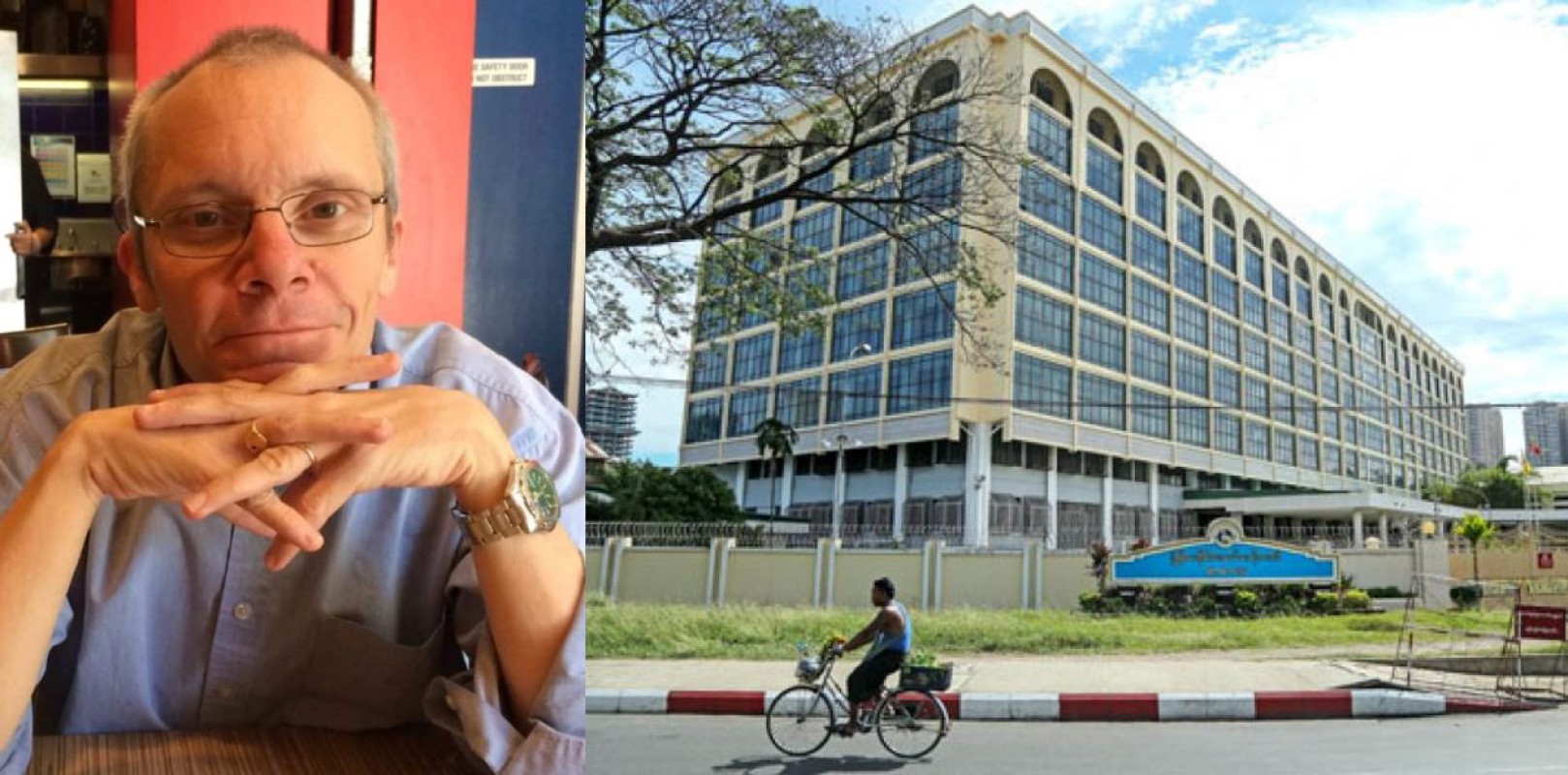Australian charlatan advocates politically driven financial sanction on Myanmar

781

Tun Mon Thet (NP News) - July 24
Self-claimed economist, Australian Sean Turnell, called for a politically motivated financial sanction on Myanmar on 11 July, stating that the Central Bank of Myanmar (CBM) as a critical component of financial resources to wage conflict, is an ill-will.
The Central Bank operates as an independent body, like in the United States, and has nothing to do with the executive, legislative, and judicial powers of the State Administration Council of Myanmar.
However, it is obvious that the Australian swindler, despite acknowledging it, deliberately aims to infect the entire economy of the Southeast Asian country by blocking the international transactions of the CBM as he mentioned in his argument: “Sanctioning the CBM would effectively embargo the entire banking system, …”.
The banking system is the key to a nation’s economic growth and development functioning as the lifeblood both in macroeconomics and microeconomics. Banks facilitate the entire economy and commerce ranging from unlocking wealth of individuals to national development.
Banks play an important role in a country’s investments, of course, trading, and remittances: to all of them, banks support institutions with capital raising; providing funds to business firms, organizations, and individual farmers; and remittance processes.
“The banking sector is very important for a country's economy. It functions three main keys: investment, trade, and remittance. By this means, banks facilitate the economic sectors. Therefore, financial sanction means threatening the economy. Blocking transactions and activities of the banking sector will damage all financial transactions. No purchase, no sale. Therefore, it impacts a lot on the country,” an academic scholar who asked not to be named explained.
There are different types of sanctions, such as economic sanctions, international sanctions, embargo, sanctions targeting companies, government personnel, airlines and shipping lines, and diplomatic sanctions. All kinds of sanctions put pressure on countries and put citizens into poverty and a vicious cycle.
“In this arena, it isn’t the Tatmadaw that is governing the country as a whole. They always advocate that the Tatmadaw will give up power if the CBM is sanctioned, it’s not like that. Tatmadaw won’t be losing. What is more, the CBM is an independent body. It is just a political drive,” he continued.
What is more, unqualified professors find a niche to expand and survive their career lives as scholars when they don’t fit in the competitive academic market.
“Those kinds of person, it’s difficult to be hired in the very popular faculties with their incompetent skill. Then, they choose to continue their career life as university professors in viable faculties. He’s one of the guys. Myanmar is like a niche for them since we are just small particles in the whole universe. Then, they claimed themselves ‘I’m Myanmar expert’ after reading ten books about Myanmar,” the scholar continued explaining.
Such self-claimed economists find projects related to Myanmar by submitting proposals, especially projects under the United States Agency for International Development (USAID) and the State Department. As long as Myanmar is stuck in the vicious cycle and in civil conflicts, they can extend their survival of their professionalism.